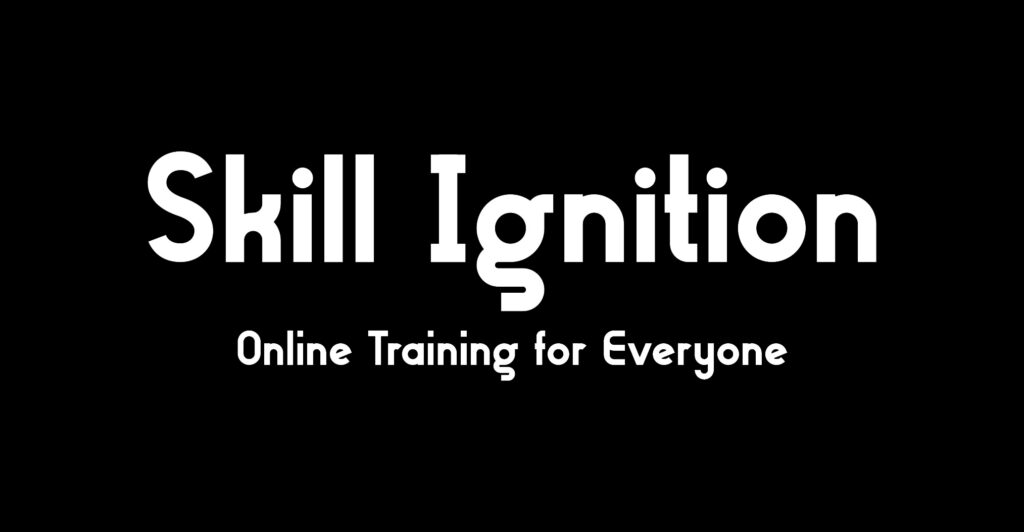ITIL® 4 Specialist - Drive Stakeholder Value (DSV)
- 3 Days Course
- Language: English
Introduction:
This course covers key topics such as SLA design, multi-supplier management, communication, relationship management, CX and UX design, customer journey mapping, and more. It will provide candidates with the tools to increase stakeholder satisfaction which is integral to business success in the current competitive landscape.
This class includes an exam voucher.
Objectives:
The purpose of this course is to give the delegate the understanding to optimize the value of the journey for all stakeholders, for example, to convert opportunity and demand into value and to drive stakeholder value. Engagement is important in the optimization of service value because, as ITIL Foundation explained, service value is co-created through the involvement of users, customers, sponsors, service providers, or any other stakeholder. This course introduces ways and methods to drive stakeholder value and encourage stakeholders contribute to the creation of service value by exploring the following: Value propositions Fostering relationships Keeping engagement channels open Shaping demand Designing service offerings Aligning and agreeing expectations Co-creating service experiences Realizing value
Course Outline:
1 – HOW CUSTOMER JOURNEYS ARE DESIGNED
- Understand the concept of the customer journey
- Understand the ways of designing and improving customer journeys
2 – HOW TO TARGET MARKETS AND STAKEHOLDERS
- Understand the characteristics of markets
- Understand marketing activities and techniques
- Know how to describe customer needs and internal and external factors that affect these
- Know how to identify service providers and explain their value propositions
3 – HOW TO FOSTER STAKEHOLDER RELATIONSHIPS
- Understand the concepts mutual readiness and maturity
- Understand the different supplier and partner relationship types, and how these are managed
- Know how to develop customer relationships
- Know how to analyze customer needs
- Know how to use communication and collaboration activities and techniques
- Know how the “Relationship management” practice can be applied to enable and contribute to fostering relationships
- Know how the “Supplier management” practice can be applied to enable and contribute to supplier and partner relationships management
4 – HOW TO SHAPE DEMAND AND DEFINE SERVICE OFFERINGS
- Understand methods for designing digital service experiences based on value driven, data driven and user centered service design
- Understand approaches for selling and obtaining service offerings
- Know how to capture, influence and manage demand and opportunities
- Know how to collect, specify and prioritize requirements from a diverse range of stakeholders
- Know how the “Business analysis” practice can be applied to enable and contribute to requirement management and service design
5 – HOW TO ALIGN EXPECTATIONS AND AGREE DETAILS OF SERVICES
- Know how to plan for value co-creation
- Know how to negotiate and agree service utility, warranty and experience
- Know how the “Service level management” practice can be applied to enable and contribute to service expectation management
6 – HOW TO ONBOARD AND OFFBOARD CUSTOMERS AND USERS
- Understand key transition, onboarding and offboarding activities
- Understand the ways of relating with users and fostering user relationships
- Understand how users are authorized and entitled to services
- Understand different approaches to mutual elevation of customer, user and service provider capabilities
- Know how to prepare onboarding and offboarding plans
- Know how to develop user engagement and delivery channels
- Know how the “Service Catalogue management” practice can be applied to enable and contribute to offering user services
- Know how the “Service Desk” practice can be applied to enable and contribute to user engagement
7 – HOW TO ACT TOGETHER TO ENSURE CONTINUAL VALUE CO-CREATION
- Understand how users can request services
- Understand methods for triaging of user requests
- Understand the concept of user communities
- Understand methods for encouraging and managing customer and user feedback
- Know how to foster a service mindset (attitude, behavior and culture)
- Know how to use different approaches to provision of user services
- Know how to seize and deal with customer and user ‘moments of truth’
- Know how the “Service request management” practice can be applied to enable and contribute to service usage
8 – HOW TO REALIZE AND VALIDATE SERVICE VALUE
- Understand methods for measuring service usage and customer and user experience and satisfaction
- Understand charging mechanisms
- Know how to assess service value realization
- Know how to prepare to evaluate and improve the customer journey
- Know how the “Portfolio management” practice can be applied to enable and contribute to service value realization
Enroll in this course
£2,385.00

